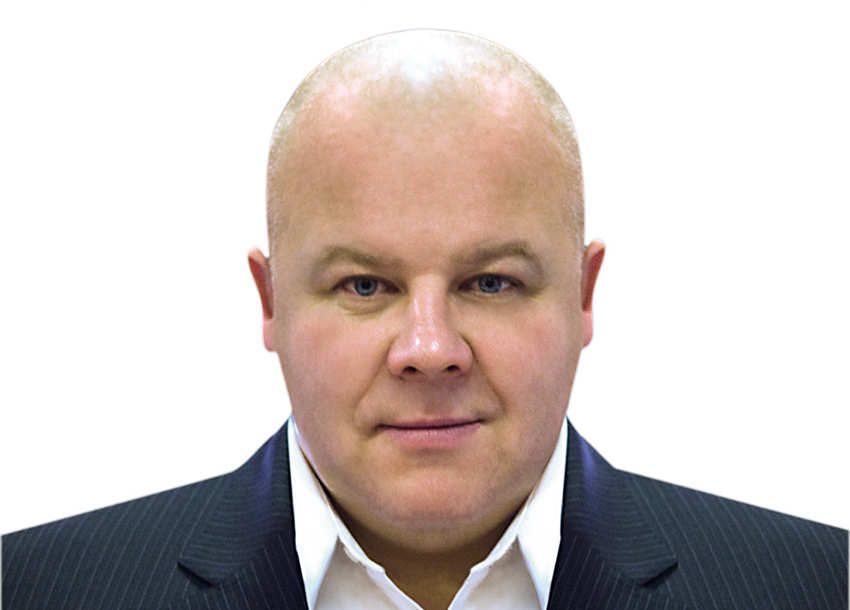Retail sector growth is being driven by the country’s many wealthy citizens and residents, a young population eager for Western goods and more women with disposable incomes from new employment opportunities

The ancient bazaars of Saudi Arabia are a delightful window into the culture of the Middle East with their bustle of shoppers and merchants, rows of narrow store fronts offering everything from sparkling gold jewellery and traditional clothing to fruit and veg and electronic goods, and with the scent of incense wafting through the air.
A charming and timeless scene but as the country quickly catches up with the rest of the world, modern shopping malls easily rivalling those in the UK and the United States are sprouting up around the kingdom as developers hitch their fortunes to the dramatic rise in the petro-dollar-fuelled retail sector.
Indeed, Saudi Arabia is ranked as one of the top destinations in the world for retailers, both multinational and regional players, eager to position themselves in a market which shows only signs of growth.
Analysts say that despite the fall in the price of oil, consumer spending remains strong in Saudi Arabia driven by a wide range of factors such as the many wealthy citizens and residents, a significant young and sophisticated population eager for Western goods and more women with disposable incomes from new employment opportunities.
Over the past five years, per capita retail sales have expanded 9 per cent each year with non-grocery retail totalling around 60 per cent of the entire market. At the same time, the increasing number of malls and shopping centres is giving consumers more choice in where to shop and what to buy.
And it is not just domestic demand. Each year, Saudi Arabia hosts millions of Muslim pilgrims from around the world, many of whom take the opportunity to shop for personal items and gifts for friends and family back home.
“The retail sector in Saudi Arabia is moving forward in strengthening its position as the biggest and fastest growing in the Middle East region. It is exceptionally promising and possesses many untouched and expansion opportunities,” a local chamber of commerce official told the recent InRetail Summit Saudi Arabia in Jeddah.
One Saudi company which is expanding in the country and beyond is Fawaz Alhokair Fashion Retail, part of the Fawaz Alhokair Group, which has the franchising rights to 80 top brands in Saudi Arabia including such names as Marks & Spencer, Zara, Gap, Banana Republic and Miss Selfridge.
“Three brothers started this company 25 years ago after buying two menswear stores from their father,” says CEO Simon Marshall. “Over the next 15 years this evolved into a business of some 500 stores and at that point the brothers realised they needed to go into real estate if they wanted growth to continue.”
In order to finance that next step, the brothers listed 30 per cent of the company on the Saudi Stock Exchange and now the group has 16 malls, an investment interest in another three and 12 more malls opening over the next 18 months, as well as hotels, a food and entertainment firm, a security company and a construction outfit.
Outside the kingdom, Fawaz Alhokair Group now has retail operations in 16 countries with 2,100 stores; profits and revenue grew by 20 per cent last year.
“Looking at Saudi Arabia, we currently have 1,300 stores and I believe we can double this figure quite comfortably,” Mr Marshall argues.”This is very much a developing market with growing gross domestic product and an increasing middle class.”
Another formerly family-owned Saudi retailer which went public is Jarir Marketing and is now one of the country’s leading listed companies. Chairman Muhammad Al Agil explains why he expects more closely-held enterprises to do the same.
“More companies are going public now and I think we’re going through a huge change. About ten years ago we used to have a lot regulatory barriers, however with the founding of the Capital Market Authority, everything is much easier,” he says.
According to the executive, companies going public enjoy a number of advantages such as better governance allowing for more professional management and it mitigates possible family disputes about the business.
“It is also necessary for these companies to expose and organise their finances and it forces them to come up with a plan. Going public is much better in the long term and I believe the number of companies doing this will increase by 10 per cent or 15 per cent a year.”
Jarir Marketing imports and sells a wide range of office and school supplies, educational materials, Arabic and English-language books and periodicals, computer and mobile telephone accessories and other high-tech goods.
Betting on what they perceive as a sure thing, foreign multinationals are entering the Saudi retail sector through investing with local partners but Al Agil says he does not see these powerful rivals as a threat.
“Office Depot has opened stores here and I think some competition is good for us, it keeps us sharp,” he argues.
0 COMMENTS